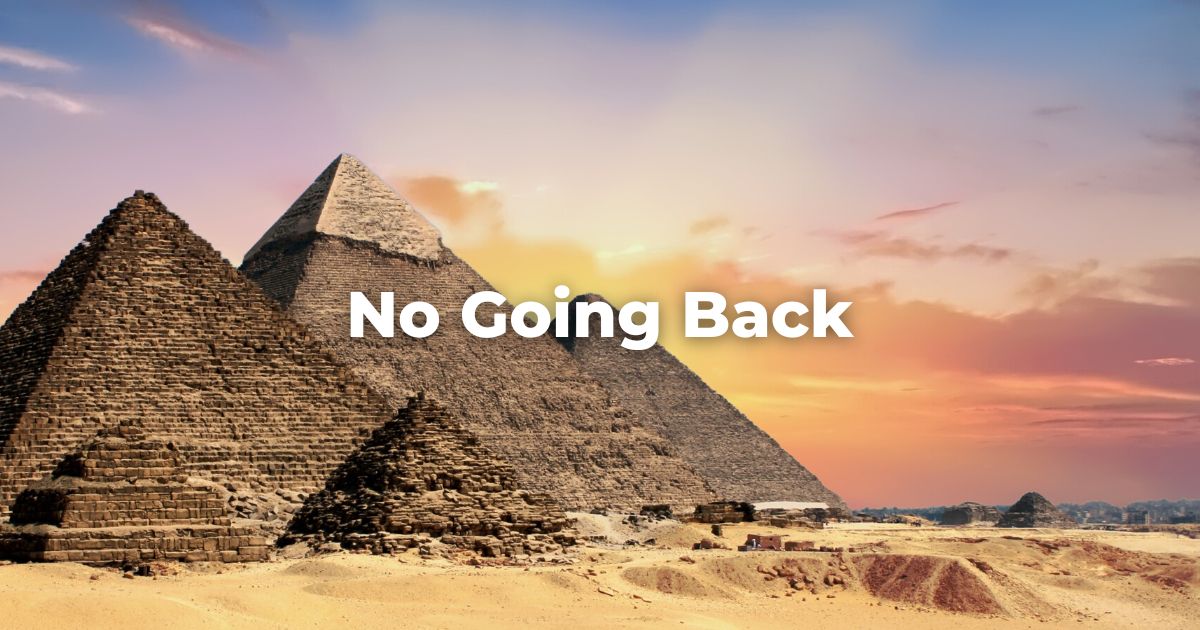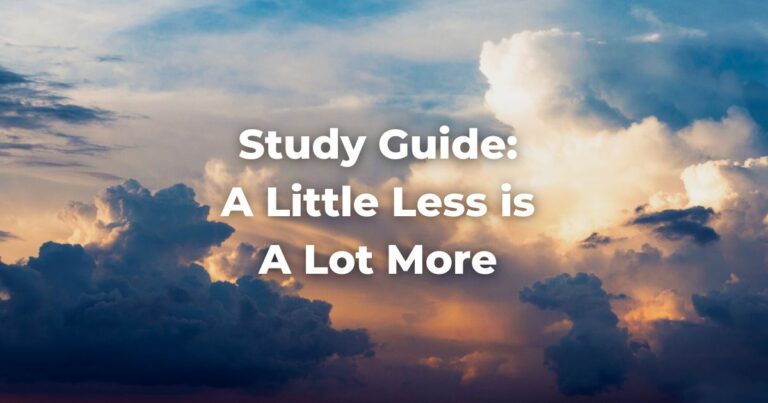This week’s parashah deals with the administration of justice in the land of Israel, including the laws governing the appointment of a king to rule over the Jewish people.
What a Jewish King Looks Like
The TorahRefers to the first five books of the Hebrew Bible, the Tanakh, also called the Five Books of Moses, Pentateuch or the Hebrew equivalent, Humash. This is also called the Written Torah. The term may also refer to teachings that expound on Jewish tradition. Read more teaches that the Israelites are permitted to appoint a king if they so desire, so long as the king adheres to certain stipulations: He must come from the Jewish people, and he must not be allowed to amass too many wives or possessions.
The Torah specifically notes that a king may not own too many horses: “He shall not keep many horses or send people back to Egypt to add to his horses, since the Lord has warned you: You must not go back that way again” (Deuteronomy 17:16). The prohibition on owning too many horses, then, is based on another prohibition on returning to Egypt.
The Connection to Egypt and No Going Back
But why is it forbidden for the Jewish people to return to Egypt? What does the return to Egypt represent in the biblical and rabbinic worldview, and does this prohibition have any relevance in our own day?
For the biblical Israelites, Egypt was associated with servitude and a lack of personal autonomy. When the people prepare to leave Egypt, Moshe promises them that “the Egyptians whom you see today you will never see again” (Exodus 14:13).
Their liberation from bondage means that they will never have to work for their Egyptian overlords again.
However, later in Deuteronomy we learn that the liberation from Egyptian bondage is in fact conditional. The Torah provides a long and frightening list of curses that will befall the Jewish people if they fail to walk in God’s ways—their fields will yield no harvest, their children will go into captivity, they will be afflicted by severe illnesses.
After over fifty verses of graphic delineation of the horrors that await the people who disobey God, the curses culminate in a final verse about returning to Egypt: “The Lord will send you back to Egypt in galleys, by a route which I told you that you should not see again. There you shall offer yourselves for sale to your enemies as slaves, but none will buy” (Deuteronomy 28:68).
The return to Egypt is thus presented as a punishment for the failure to obey God’s commandments.
The Torah implies that if the people do not serve God, they will end up so impoverished as to desire a return to serving their Egyptian overlords.
Isaiah’s Connection to Egypt
The prophet Isaiah adds that Egypt is not just a punishment for turning away from God; it also constitutes, in and of itself, an act of turning one’s back on God. Isaiah underscores the connection between Egypt and horses that appears in our parashah: “Wo, who go down to Egypt for help and rely upon horses and trust in chariots because they are many, and in horsemen because they greatly abound, and they have not looked to the Holy One of Israel nor have they sought out the Lord” (Isaiah 31:1).
Isaiah’s critique is leveled at those Israelites who look to Egypt for deliverance, instead of looking to God—Jews are supposed to lift up their eyes to heaven, as the Psalmist professes: “I lift up my eyes to the mountains, from whence comes my help. My help comes from the Lord, maker of heaven and earth” (Psalms 121:1-2).
The desire to return to Egypt reflects a faith in military might as well as a lack of faith in God, like the Israelites in the desert who repeatedly cried out to Moshe, “It would have been better for us to return to Egypt!” (Numbers 14:3).
The return to Egypt represents a turning away from God not just because of the people’s historical relationship with Egypt, but also because of the immoral and idolatrous practices which the Torah associates with the Egyptians and other nations. In introducing the laws of forbidden sexual relationships, the Torah teaches, “You shall not copy the practices of the land of Egypt where you dwelt” (Leviticus 18:3).
God took the Jewish people out of Egypt so that they might serve God, and not remain beholden to Egyptian idols and ideals.
In this sense, the first and second commandments are connected to one another, as if the latter is a consequence of the former: “I am the Lord your God who took you out of Egypt,” and therefore “You shall have no other gods besides me.”
Avivah Zornberg writes in The Hidden Order of Intimacy, her recently-published book on Leviticus, that when the people built the Golden Calf at the foot of Mount Sinai, they were giving voice to a primal desire to return to Egypt: “The Calf is the unconscious residue of that hindered life in Egypt… The Golden Calf represents the psychic constraint of primal attachments” (p. xix, 47).
Unlike the Golden Calf, which is a fixed and inert object that can never change or develop, the God who liberates the Israelites from bondage identifies as “I will be what I will be”—ever capable of development and self-transformation. The Israelites must free themselves from the grip and fascination of Egyptian idolatry if they are to enter into a long-term, evolving covenantal relationship with God.
In Kabbalistic thought, Egypt represents a place of narrowness and constraint in which we are unable to realize our full destiny.
Mitzrayim, the Hebrew word for Egypt, could also mean “narrow straits” or “boundaries.”
Thus the psalmist says, “I called out to God from the narrow place [meitzar]” (Psalms 118:5). Not only are we expected to enter into a relationship with “I will be what I will be,” an ever-evolving God; we also must seek out places that afford us the freedom to grow and develop and transform ourselves.
No Going Back to Egypt, No Limitations on Israelites
The prohibition on returning to Egypt, then, is also a prohibition on returning to places that limit us.
Each year on Pesach, when we fulfill the Haggadah’s injunction to see ourselves as if we have gone forth from Egypt, we challenge ourselves to rid ourselves of the habits and constraints that hinder us from living more fully and freely.
Perhaps our parashah imposes restrictions on the king so that the king does not become so drunk on power as to think that he is the ultimate authority.
As the prophet Ezekiel reports Pharaoh as saying, “Mine is the Nile; I made it myself” (Ezekiel 29:3). Only God made the Nile, and only God can command our ultimate allegiance.
Any time we appoint a human king, we run the risk that he will return us to that place of bondage and constriction in which we are unable to develop our potential freely.
Our most foundational journey as a people was from slavery to freedom. We are prohibited to reverse that trajectory of Jewish history. An ever-evolving God desires a relationship with ever-evolving human beings who have left Egypt—in all its senses—behind.
See more: Parashat Shoftim
Originally posted as part of the Conservative Yeshiva at the Fuchsberg Jerusalem Center’s Torah Sparks. Support Torah learning from the Fuchsberg Jerusalem Center/Conservative Yeshiva for leaders and seekers around the world here.
Authors
-

Ilana Kurshan teaches TalmudReferring to one of two collections, the Jerusalem and Babylonian Talmuds, edited in the 6th century, that contains hundreds of years of commentary, discussion, and exploration of the ideas in the Mishnah. One could describe it as Mishnah + Gemara = Talmud Read more at the CY. She is the author of If All the Seas Were Ink (St. Martin’s Press, 2017) and Why is This Night Different From All Other Nights (Schocken, 2005). She has a degree in History of Science from Harvard and in English literature from Cambridge, and has worked in literary publishing both in New York and in Jerusalem – as a translator, a foreign rights agent, and as the Books Editor of Lilith Magazine. Since October 2020, Ilana has been a regular contributor to Torah Sparks, FJC’s weekly parashat hashavuah blog.
View all posts -



The Fuchsberg Jerusalem Center (FJC) is a home in the heart of Jerusalem where leaders and seekers can find an authentic place in Jewish tradition to call their own. FJC offers opportunities to study, pray and explore within an egalitarian and inclusive setting, creating multiple pathways for finding personal and communal meaning.
View all posts






